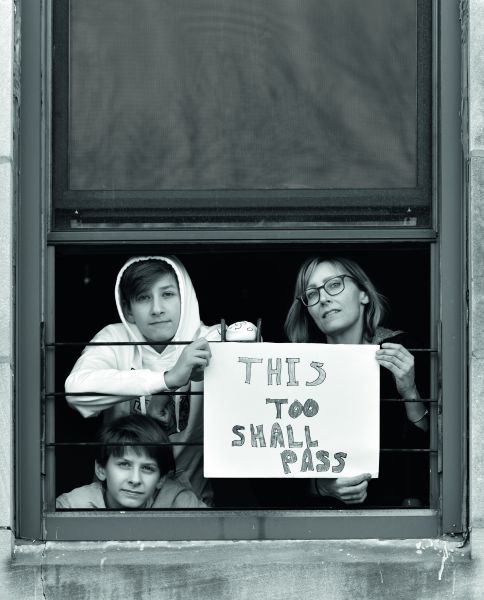
The Coronavirus Bill was introduced in the House of Commons on 19 March 2020. In its original form, the Bill consisted of 87 clauses and 27 schedules. Following an expedited passage through Parliament this had increased to 102 sections and 29 Schedules by the date of Royal Assent (25 March 2020).
The Act provides for a raft of powers and duties that are regarded as being necessary in order to tackle the ongoing coronavirus pandemic. They relate to matters such as the emergency registration of health professionals, the registration of deaths and still-births, as well as food supply and inquests.
For present purposes, however, attention will focus on the powers relating to people who are potentially infectious. These are to be found in s 51 and Schedule 21 to the Act. Section 51 rather innocuously provides that: ‘Schedule 21 confers powers relating to potentially infectious persons and makes related provision.’
Turn to Schedule 21, however, and the reader









